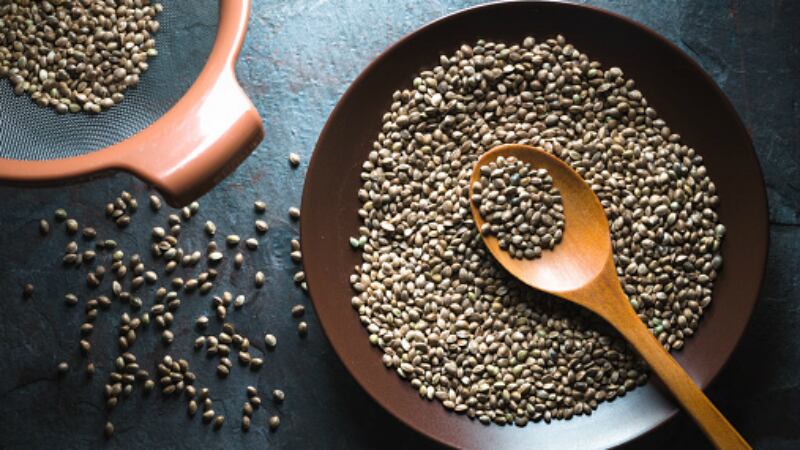“The Misuse of Drugs (Industrial Hemp) Regulations 2006 and the Food Regulations 2015 will be amended to allow the sale of hemp seed as food. Hemp flowers and leaves will not be permitted,” said O’Connor at the official announcement of the law change.
“This is great news for the local hemp industry, which has argued for decades that the production of hemp seed foods will stimulate regional economies, create jobs and generate NZ$10-20 million of export revenue within 3 to 5 years,” he added.
“Hulled, non-viable seeds and their products will be now be viewed as just another edible seed. Growing, possession and trade of whole seeds will still require a licence from the Ministry of Health.”
“Hemp seeds are safe to eat, nutritious and do not have a psychoactive effect.”
According to the Ministry of Primary Industries (MPI) website, the Australia New Zealand Food Standards Code had actually already been amended to allow hemp seeds as food back in 2017.
However, actual enforcement of the change had to wait as changes had to be made to the regulations.
These amendments allowed for ‘consistency between the Food Standards Code to allow for low-tetrahydrocannabinol (THC) hemp seed as food as food, regulations under the Food Act 2014 to declare low-THC hemp seed as food, and greater flexibility around the licensing of low-THC hemp’.
“Hemp production is highly regulated to ensure that illegal, high-THC cannabis is not produced,” added MPI.
Last year, Australia also announced the legalisation of hemp seeds for human consumption.
Points to note: ‘Only the seed’ and labelling guidelines
In hopes of avoiding any sort of confusion for manufacturers, growers, retailers and anyone else who handles hemp seeds, MPI has repeatedly emphasised the point that ‘only the seed’ is now legalised as food.
In the very first page of its 15-page ‘A Guide to Hemp Seeds as Food’, it states that: “Your product could be recalled, or you could be fined, if you use any part of the industrial hemp plant other than the seed, [and/or] don’t meet tetrahydrocannabinol (THC) and cannabidiol (CBD) rules.”
This point is stressed upon again in the second page, saying: “The rules around selling hemp as food have changed, but the only part […] that can be used in food is the seed. There are also limits to the amount of THC and CBD hemp seeds (and hemp seed products) for sale as food can contain.”
In its second guide on the legislation concentrates on labelling, ‘A Guide to Labelling Food Containing Hemp Seeds’, labelling guidelines state that the use of the terms ‘cannabis’, ‘marijuana’ or other similar terms are not allowed.
Apart from this, labels also must not include any cannabis plant pictures (apart from the seed), must not suggest the product has mood-altering or psychoactive effects, and cannot include any nutrition or health claims pertaining to CBD.
Hemp and THC
Although hemp is a form of cannabis, it contains a very low (close to zero) content of THC, which is what produces a psychoactive effect.
MPI has also been extremely cautious about insisting that hemp seed as food is very different from medical cannabis, emphasising that: “The levels of active cannabinoids in low-THC hemp food products are well below any level that has proven to have any form of therapeutic effect”.
“Products from cannabis that have a therapeutic effect must follow a different regulatory pathway to hemp seeds as food.”
Similarly, it also states that this rule change will not involve cannabidiol, another compound found in cannabis.
“Cannabidiol is derived from the plant’s flowers and leaves and is a prescription medicine. The new permission is for hemp seeds only,” it said.


